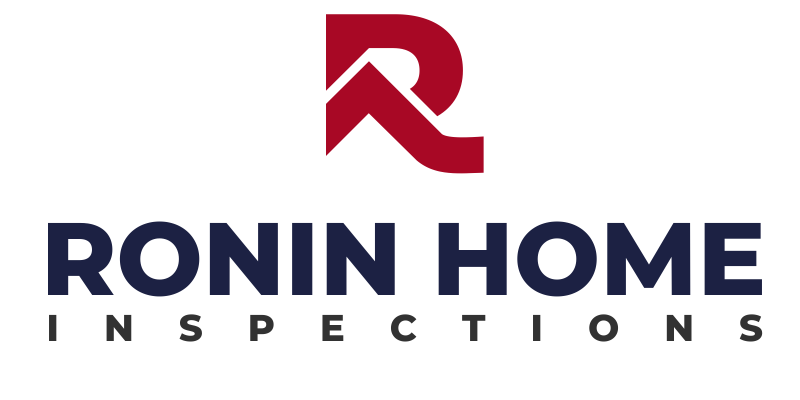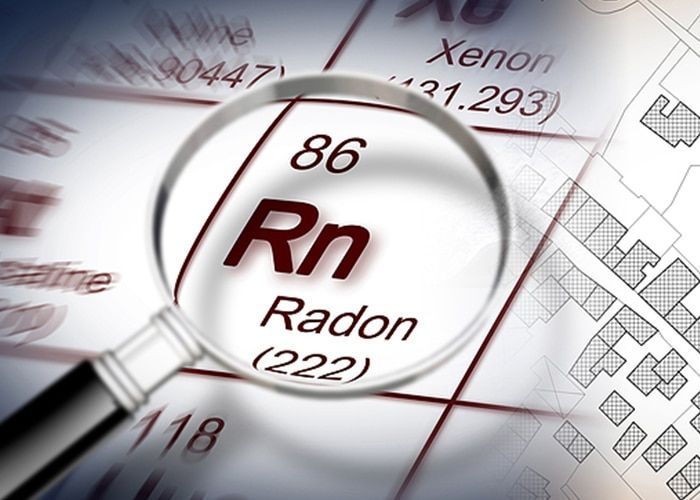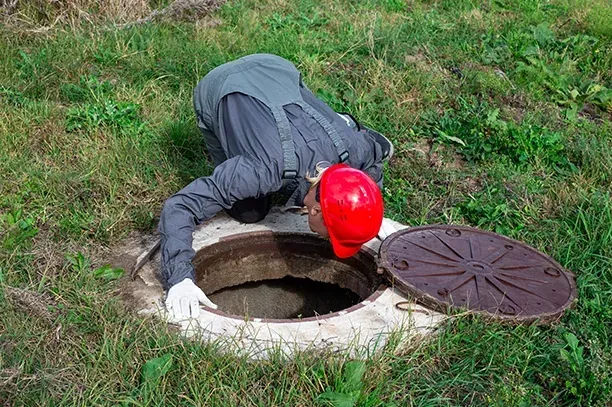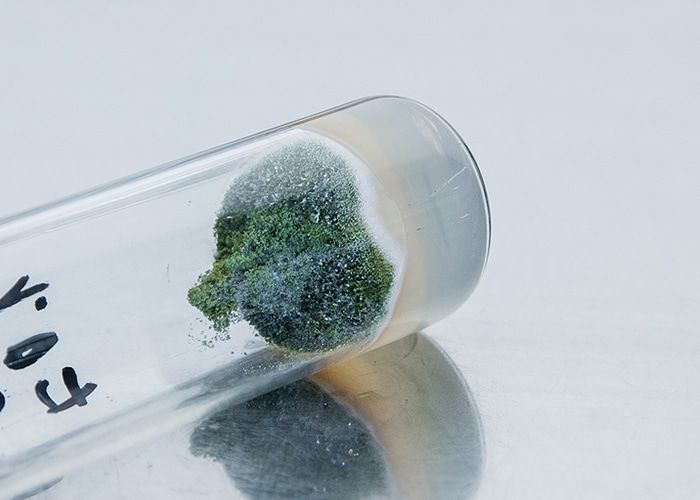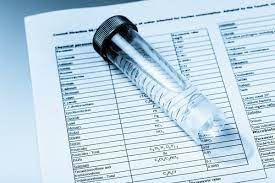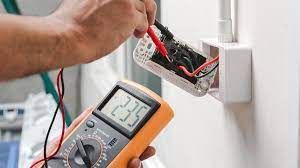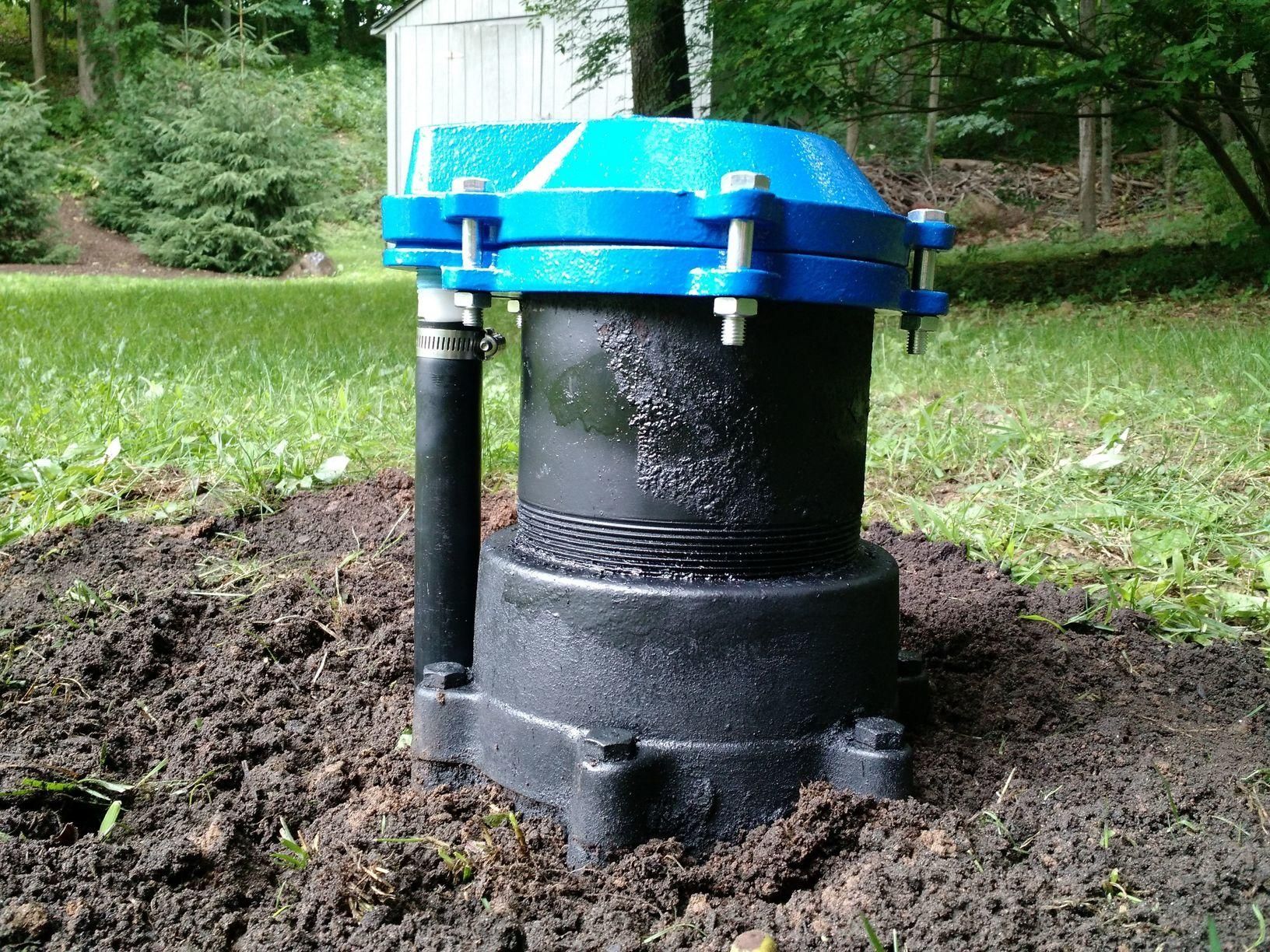City Water Quality Test
Water Quality Analysis
Tap water quality involves the examination of a household's water to detect harmful substances and impurities. This test covers a wide range of potential contaminants, including iron, chlorine, lead, coliform bacteria, and E. coli. Furthermore, this testing process can pinpoint any imbalance in pH levels, which directly impacts the water's acidity. Excessive pH levels have the potential to cause damage to pipes, leading to the release of hazardous heavy metals and ultimately posing health risks. Therefore, the testing of water bacteria is of utmost importance in ensuring that a home's water supply is safe to drink and suitable for everyday use.
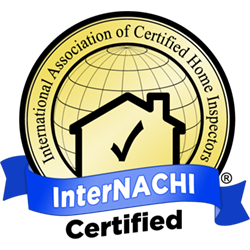
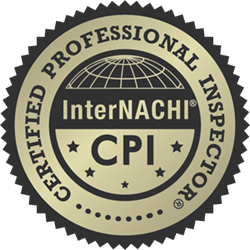
CITY WATER QUALITY TEST
With Inspection - $75
Without Inspection - $150
Why Should I Get My City Water Tested?
Mortgage lenders frequently require water quality testing for properties equipped with private wells. Although testing may not be obligatory for those connected to a public water supply, impurities can be found in any water source. Regardless of the origin of your water, it could potentially be impacted by:
- Concentrations of nitrates, including fertilizers that infiltrate underground water sources
- Flooding or land disruptions in close proximity to the water supply
- Presence of toxic heavy metals, notably lead
- High amounts of bacteria posing health risks
- Inclusion of mineral pollutants like arsenic and iron in the water
- Levels of fluoride
There are numerous indicators that may serve as red flags for potential water problems. These include any abnormal odors, tastes, or discoloration in the water. Additionally, it is important to keep an eye out for any stains on clothing or fixtures, such as faucets and pipes. If any of these signs are present, arranging for a water test is a simple and hassle-free procedure. In fact, in many instances, a home inspector can also fulfill the role of an independent water tester.
Contact Ronin Home Inspections at (517) 318-1742 today to arrange to have a City Water Quality Test Inspection completed.
GET THE FACTS BEFORE YOU BUY OR SELL A HOME
Our detailed report, sent via email within 24 hours of the inspection, includes photos, descriptions, and
recommendations to help you avoid future expenses caused by hidden problems.
Add-On Inspection Services
In addition to your general home inspection, we offer these detailed inspections:

